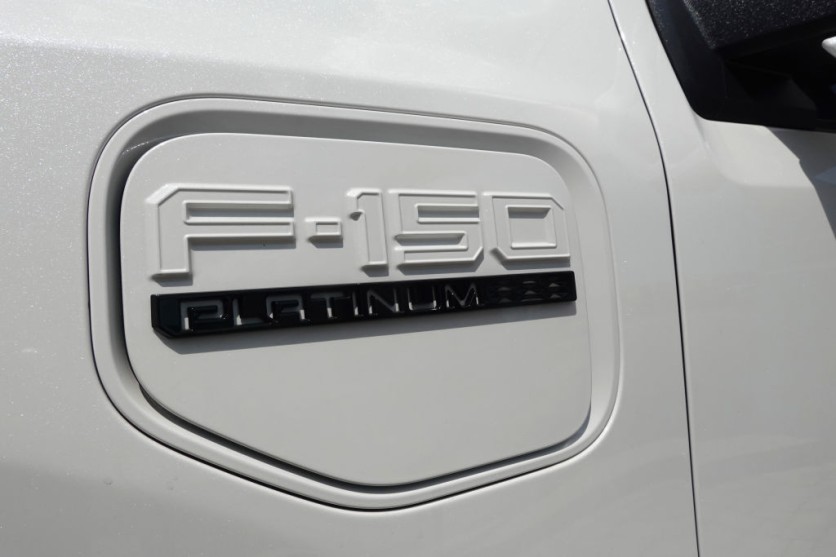Smart homes have come a long way in making our electric vehicle charging more efficient, but the idea of using an EV to power our homes is still more science fiction than reality.

Ford, Resideo Partnership
A groundbreaking collaboration between Ford and Resideo, the maker of Honeywell Home smart thermostats, might be a step closer to turning that sci-fi vision into reality. This not only aims to save homeowners money, but also alleviate pressure on the power grid during peak hours.
The Verge reported that the companies have unveiled the EV-Home Power Partnership, an innovative project exploring the possibility of utilizing Ford's F-150 Lightning electric pickup truck to control home heating, ventilation, and air conditioning (HVAC) systems via a smart thermostat.
In this simulation project, the vehicle-to-home (V2H) energy management concept will be tested by integrating Ford's electric truck with a Resideo smart thermostat, such as the Honeywell Home T9.
Leveraging the bidirectional charging capabilities of the F-150, the project aims to investigate the potential of electric vehicle batteries in supporting optimal home energy management. With work already underway, the simulation project is slated for completion in the first half of 2024.
The concept revolves around leveraging your Resideo thermostat to draw power from the battery in your Ford truck during electricity demand surges and peak time-of-use prices.
This means you won't have to compromise between adjusting your HVAC system and paying a premium to maintain a comfortable temperature in your home during hot summers or chilly winters.
Moreover, if a significant number of individuals adopt this approach, energy companies may no longer need to invest in additional power plants to meet heightened demand.
Exploring V2H Energy
While the current project specifically involves the F-150 Lightning and Resideo thermostats, PR Newswire reported that the success of this endeavor could pave the way for broader implementation.
Already, smart thermostats like Ecobee and Nest are compatible with demand response programs, and EV manufacturers such as Nissan and Kia are actively exploring V2H energy management. General Motors (GM) has even committed to integrating V2H bidirectional capability into all its EVs by 2026.
In a recent press release, Dana Huth of Resideo highlighted the substantial carbon footprint impact of car emissions and home climate control, identifying them as the two primary contributors to an individual's carbon emissions.
The EV Power Partnership project aims to explore innovative ways for F-150 Lightning owners to utilize their EV battery, specifically for powering their home's heating and cooling systems. This initiative aligns with the broader goal of developing a comprehensive home energy management strategy, emphasizing optimal comfort and energy efficiency.
Currently, smart thermostats are present in fewer than 15 percent of homes, and EVs constitute less than 7 percent of light-duty vehicle sales in the US. Despite these figures, industries are actively pushing towards integrating these technologies, foreseeing a future where such advancements become more commonplace for a sustainable and efficient lifestyle.
Related Article : EVs Give More Headaches to Owners, Says Consumer Reports Data

ⓒ 2025 TECHTIMES.com All rights reserved. Do not reproduce without permission.




